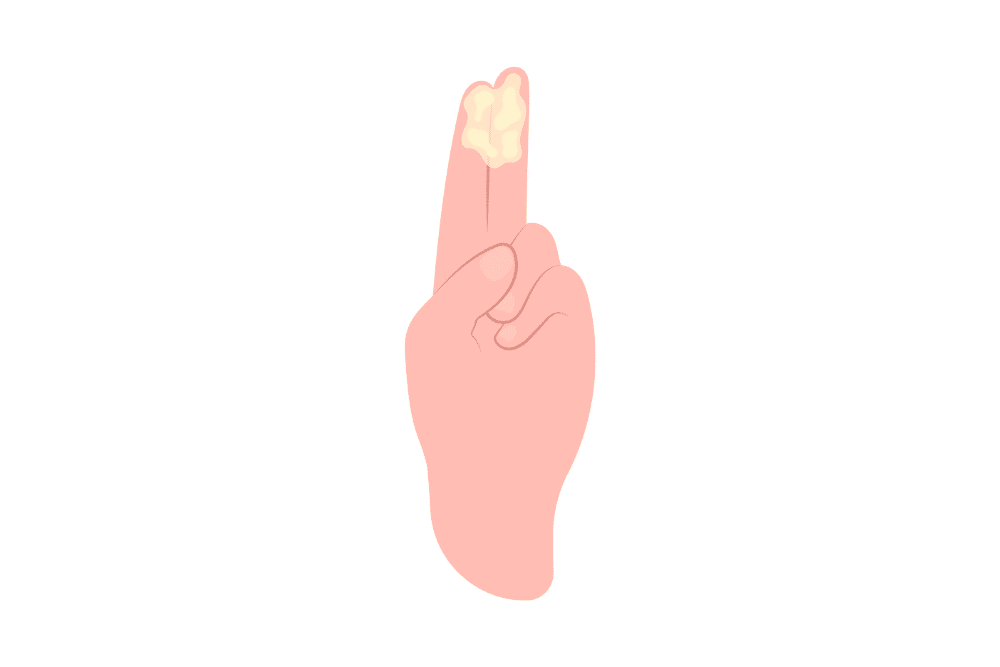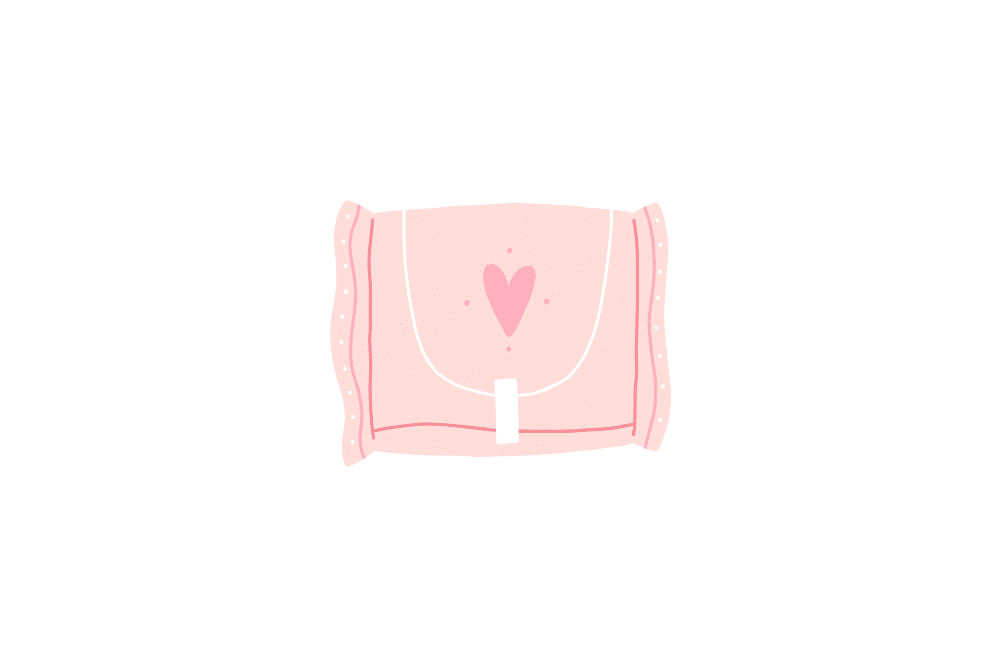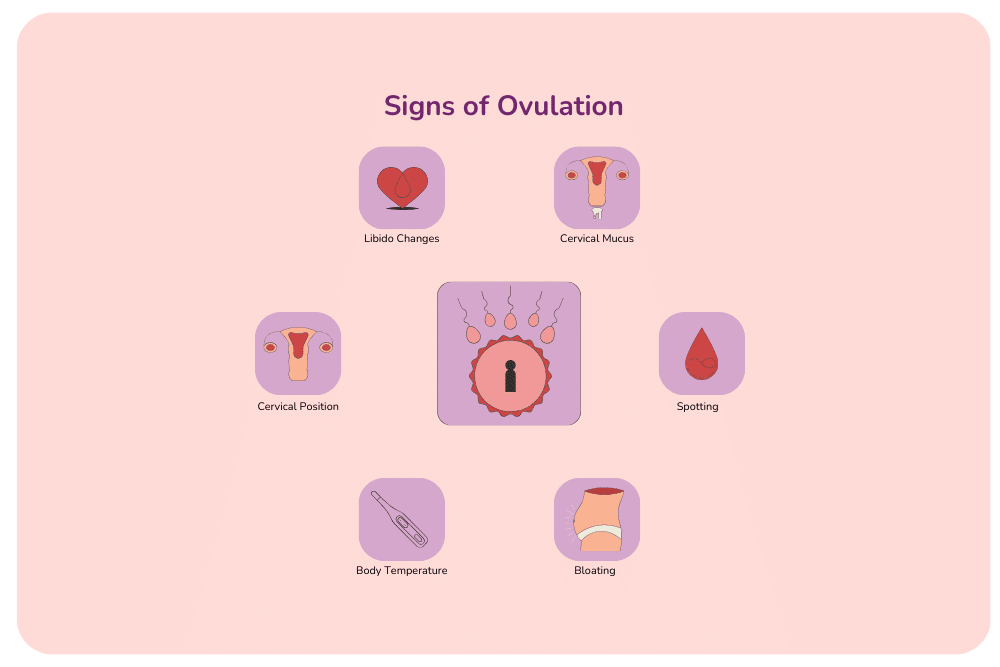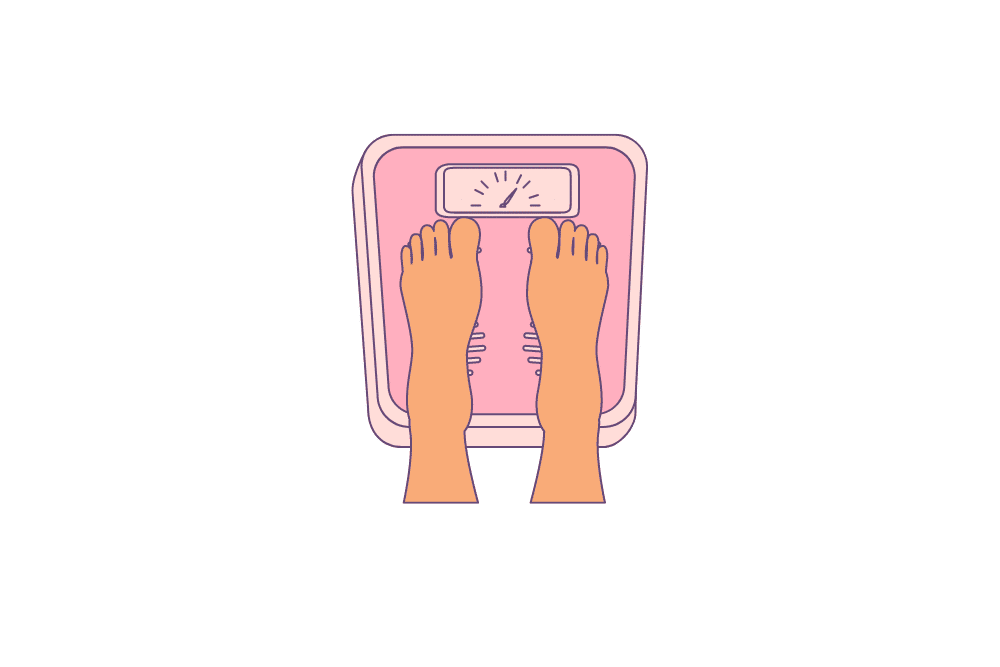If you’re dealing with the discomfort of vaginal thrush, you may be wondering if it can go away on its own. Vaginal thrush, a common yeast infection caused by Candida overgrowth, can be a frustrating condition for many women. This article explores the possibility of natural recovery from yeast infections and the factors that influence the self-healing process.
Discover the insights you need to make informed decisions about managing vaginal thrush, from understanding its progression to learning when it’s time to seek professional medical help. We also delve into practical home remedies and prevention strategies to help you combat vaginal thrush effectively.
So, let’s get started by shedding light on the question, “Can vaginal thrush go away by itself?” and unravel the key considerations surrounding this common genital ailment.
What is Vaginal Thrush?
Vaginal thrush, also known as vaginal candidiasis, is a common yeast infection affecting the genital area in women. It’s caused by the overgrowth of the fungus called Candida albicans, and it can lead to discomfort and irritation. Understanding the specifics of vaginal thrush is vital to recognise its symptoms and seek appropriate thrush treatment.
Common Thrush Symptoms
Vaginal thrush primarily manifests in the genital region and is characterised by the following symptoms:
- Vaginal Itching: One of the most prominent symptoms is persistent itching in the genital area, which can range from mild to severe and highly distressing.
- Redness and Swelling: The affected area may appear red, swollen, and irritated due to the presence of the Candida yeast.
- Unusual Discharge: One of the most common symptoms of vaginal thrush is a white, cottage cheese-like discharge, typically without a foul odour.
- Soreness: Genital soreness is common, particularly during urination or sexual intercourse, causing discomfort and pain. [1]

Causes of Vaginal Thrush
Several factors can contribute to the development of vaginal thrush. Causes of thrush include:
- Hormonal Changes: Hormonal fluctuations, like those that happen during pregnancy, the menstrual cycle, or menopause, can create an environment conducive to Candida overgrowth.
- Antibiotics: The use of antibiotics can disrupt the natural balance of microorganisms in the body, making it easier for Candida to proliferate.
- Sexual Activity: Frequent sexual activity, while not a sexually transmitted infection, can increase the risk of vaginal thrush. [1]
Risk Factors for Vaginal Thrush
Certain individuals are at a higher risk of developing vaginal thrush, including:
- Women: Women, especially during pregnancy or while using oral contraceptives, are more susceptible to vaginal thrush.
- Weakened Immune Systems: Individuals with weakened immune systems, such as those with HIV/AIDS, face a greater risk of developing vaginal thrush. [2]
Understanding the specific characteristics of vaginal thrush is the first step in addressing the condition effectively. In the following sections, we’ll explore the potential for vaginal thrush to resolve naturally and discuss available treatment options for thrush, all to help you find relief from this common genital ailment.

Can Vaginal Thrush Heal Without Treatment?
Vaginal thrush, a common and discomforting yeast infection, can prompt women to seek solutions quickly. In certain situations, can vaginal thrush resolve on its own?
Potential for Self-Resolution
In some cases, vaginal thrush may show signs of self-resolution [3]. Factors that play a role in the potential for natural healing include:
- Healthy Immune System: A strong immune system can help the body naturally combat Candida overgrowth, contributing to the self-resolution of vaginal thrush.
- Mild Infection: When the infection is mild and localised, the chances of healing without external treatment may be higher.
- Hygiene and Self-Care: Maintaining good genital hygiene and practising proper self-care can support the body in fighting infection. Psst – here’s a refresher on how to clean your vagina and vulva.
While the possibility of self-healing exists, it’s important to know that it’s not guaranteed, and vaginal thrush symptoms can persist or worsen without treatment. Moreover, untreated or recurrent thrush can lead to potential complications. Therefore, women experiencing vaginal thrush symptoms should consider appropriate treatments for a swift and complete recovery.
Factors Affecting Natural Thrush Recovery
The potential for natural recovery from vaginal thrush is influenced by various factors. A robust immune system is a key player, as it can help the body naturally control and eliminate the Candida yeast responsible for thrush. In mild cases of thrush, where the infection is localised and not too severe, there’s a greater likelihood of self-healing [4].
Maintaining proper hygiene and care in the affected areas plays a significant role in supporting the body’s fight against the infection. Hormonal changes, sexual activity, and the use of antibiotics can also impact the body’s ability to treat thrush naturally.
While the prospect of self-healing exists, it’s essential to recognise that it’s not a guaranteed outcome and untreated or recurrent thrush can lead to complications. Therefore, timely intervention through appropriate treatments is recommended to ensure a fast and full recovery.

When to Consult a Doctor for Vaginal Thrush Infection
While some cases of vaginal thrush may resolve on their own, it’s key to know when it’s time to seek medical guidance and intervention. Consulting a doctor is advisable in several scenarios:
- Severe or Persistent Symptoms: If your thrush symptoms are severe, long-lasting, or recurrent, it’s essential to consult a healthcare professional. These could be signs that the infection has become more resistant, and you may require a prescription-strength treatment to address it effectively.
- Discomfort and Pain: Thrush can cause discomfort and pain, particularly during activities like urination or sexual intercourse. If your symptoms significantly impact your quality of life, don’t hesitate to reach out to a healthcare provider for relief.
- Weakened Immune System: Individuals with compromised immune systems, such as those with HIV/AIDS, diabetes, or undergoing chemotherapy, sit at an increased risk for severe or recurring thrush. If you fall into this category, it’s advisable to consult a doctor promptly to manage the condition effectively and prevent potential complications.
- First-Time Occurrence: If you’re experiencing thrush for the first time and are unsure about the diagnosis, consulting a healthcare professional can help confirm the condition and determine the most appropriate treatment.
- Certain Populations: Special populations, such as pregnant individuals, may require tailored treatment approaches. Seeking medical advice ensures the treatment plan aligns with their unique needs and circumstances.
In all these cases, reaching out to a doctor or healthcare provider ensures you receive a proper diagnosis, personalised treatment, and expert guidance in managing thrush effectively.

Preventing and Managing Vaginal Thrush
Preventing vaginal thrush and effectively managing the condition involves a combination of proactive steps and practical measures to maintain vaginal health. Here are key strategies for both prevention and management of symptoms of thrush.
Prevention
- Maintain Good Hygiene: Practising regular hygiene in the affected areas is essential. For vaginal thrush, keeping the genital area clean and dry can help prevent Candida overgrowth.
- Healthy Diet: A well-balanced diet that includes probiotic-rich foods, like yoghurt, can support a healthy balance of microorganisms in the body and reduce the risk of vaginal thrush.
- Manage Underlying Conditions: If you have underlying health conditions that increase your risk of thrush, such as diabetes or immunosuppressive diseases, effective management of these conditions is essential. [1]
Management
- Over-the-counter Thrush Treatment: Over-the-counter antifungal medications can be effective for mild cases of thrush. These medications can help alleviate symptoms and promote recovery.
- Prescription Medications: In severe or recurrent thrush cases, a healthcare professional may prescribe stronger antifungal medications to ensure complete recovery.
- Vaginal Care: Following proper care routines for vaginal thrush is crucial. Use medicated vaginal creams or treatments as directed by your healthcare provider.
- Follow Medical Advice: Adhering to your healthcare provider’s advice and treatment plans is essential for successful management.
- Prevent Recurrence: Take steps to prevent recurrent yeast infection after treatment. This includes continued good hygiene, maintaining a healthy diet, and addressing underlying risk factors.
Remember, Youly offers a range of trusted thrush treatments and guidance to help you effectively prevent, manage, and recover from this vaginal yeast infection. Seek medical advice when necessary, and take proactive measures to minimise the risk of future occurrences.
Ready to take action against vaginal thrush?
Discover effective thrush treatments and get relief today. Don’t let thrush hold you back – take the first step towards a thrush-free future with Youly!
References:
Better Health Channel. Vaginal Thrush [internet]. 2024 [cited 10 September 2024]. Available from: https://www.betterhealth.vic.gov.au/health/conditionsandtreatments/vaginal-thrush
Cleveland Clinic. Thrush [internet]. 2024 [cited 10 September 2024]. Available from: https://my.clevelandclinic.org/health/diseases/10956-thrush
Health Direct. Vaginal Thrush [internet]. 2022 [cited 10 September 2024]. Available from: https://www.healthdirect.gov.au/vaginal-thrush
NHS Inform. Thrush [internet]. 2022 [cited 10 September 2024]. Available from: https://www.nhsinform.scot/illnesses-and-conditions/sexual-and-reproductive/thrush





